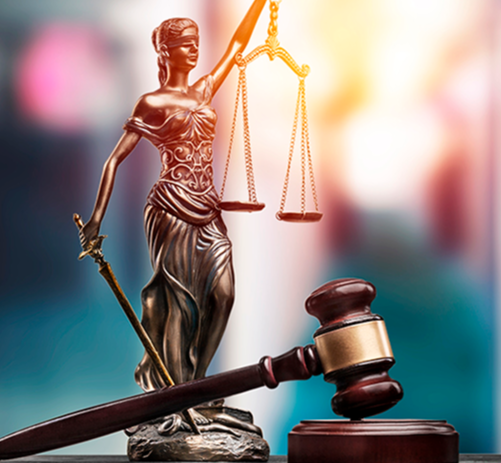Лоер
Participation in the court session. Trial.
Attending a court hearing can be a difficult and stressful process for many people, especially if they do not have sufficient legal experience. In such a situation, professional representation of interests in court is important. An experienced court lawyer will help protect the rights and interests of his client by providing qualified legal support throughout the entire court process.
Representation of interests in court
Representation of interests in court is a legal activity aimed at protecting the rights and interests of the client during court proceedings. This may include preparation of procedural documents, participation in court hearings, collection of evidence, conducting negotiations and other legal actions.
The role of a lawyer in court
Therefore, a lawyer in court plays a key role in protecting the rights and interests of the client. The main tasks of a lawyer in court include:
Preparation of procedural documents: A lawyer helps prepare statements of claim, appeals, complaints and other documents necessary for court proceedings.
Gathering evidence: The lawyer gathers evidence to support the client's position, including testimony, documents, expert opinions, etc.
Participation in court hearings: The lawyer represents the interests of the client during court hearings, makes speeches, asks questions of witnesses, provides evidence and objections.
Negotiations: The lawyer conducts negotiations with the other party in order to reach a favorable solution for the client.
Counseling the client: The lawyer provides the client with legal advice, explains the rights and obligations, the possible consequences of the court decision and the defense strategy.Advantages of representing interests in court by a lawyer
Hiring a professional lawyer for the court has numerous advantages:
Efficiency: An experienced lawyer has deep knowledge of legislation and court practice, which allows him to effectively protect the client's interests.
Objectivity: A lawyer provides an objective assessment of the situation, helps to avoid emotional decisions and focus on the legal aspects of the case.
Procedural literacy: The lawyer has a good knowledge of court proceedings, which allows to avoid procedural errors and ensure proper management of the case.
Psychological support: The lawyer provides the client with psychological support, helps to cope with stress and uncertainty during the legal process, a representative in court.
Trial
Litigation is a formal procedure for resolving legal disputes between parties. It includes several main stages, each of which has its own characteristics.
The main stages of the court process
Filing a statement of claim: The legal process begins with the submission of a statement of claim to the court. The statement of claim sets out the claims of the claimant, the justification of these claims and the evidence.
Preparatory proceedings: At this stage, the court examines the statement of claim, checks its compliance with the requirements of the law, may request additional documents or explanations.
Court hearings: The main part of the court process, during which the parties present their arguments, provide evidence, and ask questions of witnesses and experts.
Promulgation of a decision: After considering the case, the court issues a decision that can be appealed in the prescribed manner.Appeal and cassation: In case of disagreement with the decision of the court of first instance, the parties can file an appeal or cassation complaint for review of the decision by a higher court.
Conclusion
Participating in a court hearing is a complex process that requires in-depth legal knowledge and skills. Representation of interests in court by a professional lawyer ensures effective protection of the client's rights and interests, helps to avoid mistakes and achieve the desired result. Hiring a lawyer for court and defense in court is an important step to successfully resolving legal disputes and protecting your rights.

































